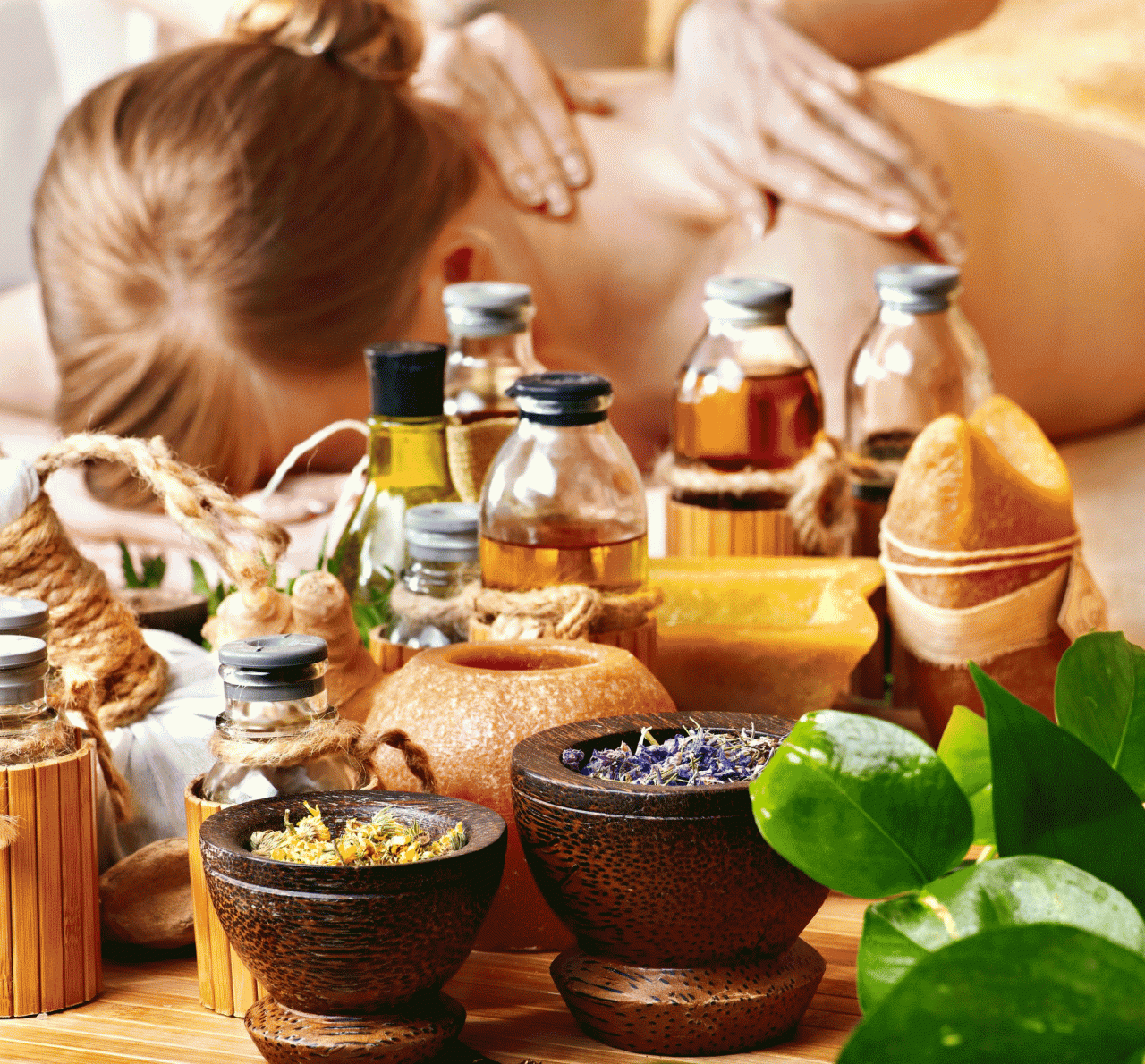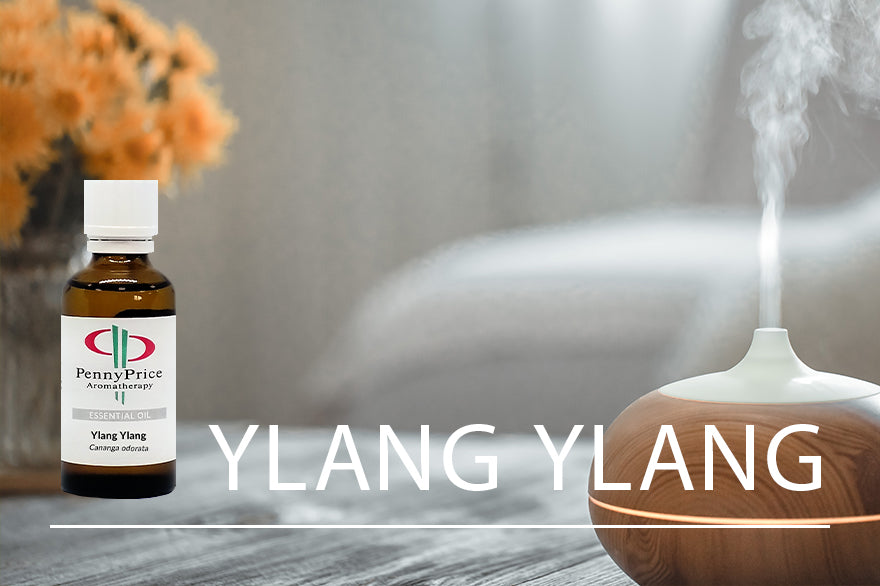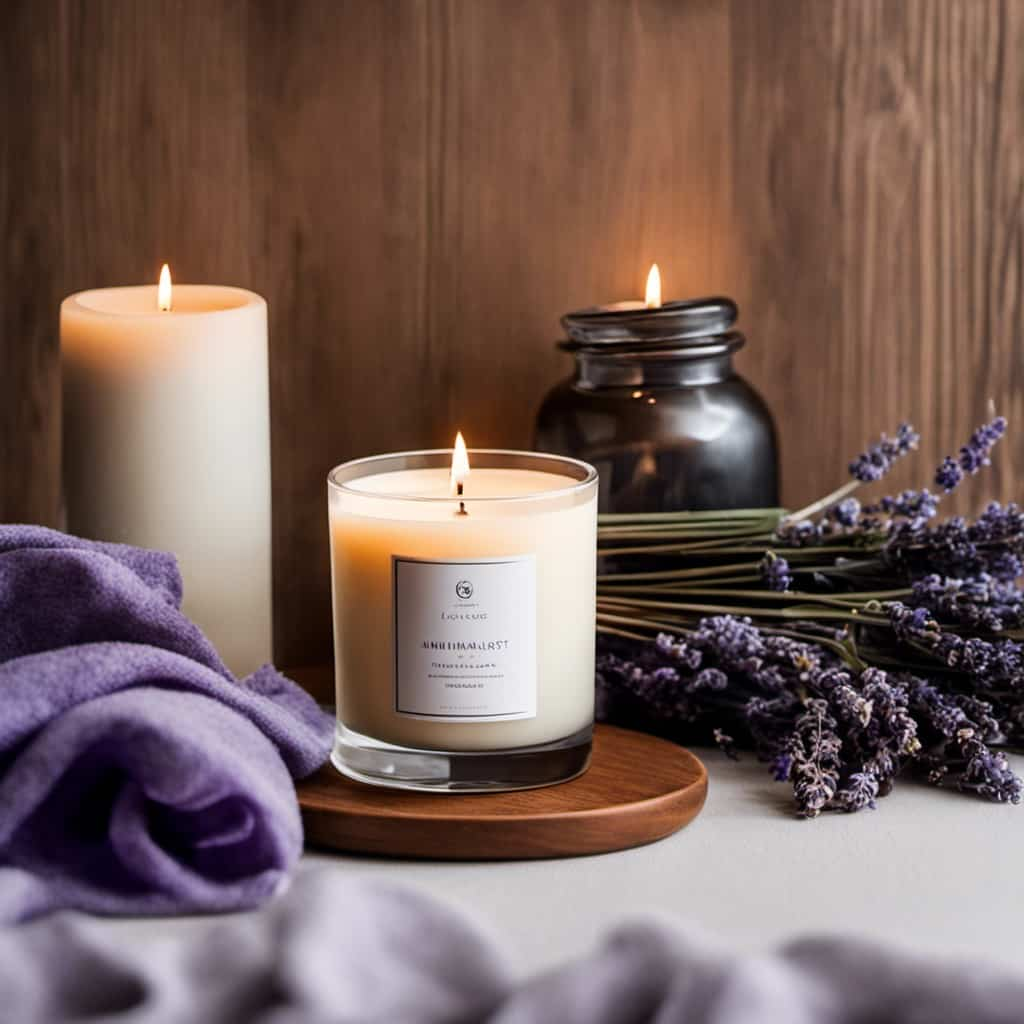Embark on an aromatic journey as we delve into the captivating world of tropical flowers and their profound role in aromatherapy. From their alluring scents to their therapeutic properties, these botanical wonders hold a wealth of benefits, inviting us to explore their transformative powers.
Within this comprehensive guide, we’ll uncover the diverse range of tropical flowers employed in aromatherapy, their unique scent profiles, and their remarkable therapeutic applications. Prepare to be captivated as we unveil the secrets of these fragrant treasures, empowering you to harness their aromatic magic for your well-being.
Popular Tropical Flowers in Aromatherapy
Aromatic plants native to tropical regions are becoming increasingly popular for their therapeutic benefits. Among them, tropical flowers offer a wide range of scents and therapeutic properties.
In aromatherapy, tropical flowers are used in various forms, such as essential oils, infusions, and steam inhalations, to promote relaxation, alleviate stress, improve mood, and address specific health concerns.
Types of Tropical Flowers Used in Aromatherapy
The following table provides an overview of some of the most commonly used tropical flowers in aromatherapy, along with their botanical names, scent profiles, and therapeutic benefits:
| Flower Name | Botanical Name | Scent Profile | Therapeutic Benefits |
|---|---|---|---|
| Ylang-Ylang | Cananga odorata | Floral, sweet, and exotic | Promotes relaxation, reduces stress, improves mood, and acts as an aphrodisiac |
| Frangipani | Plumeria | Floral, sweet, and heady | Soothes anxiety, promotes sleep, and reduces inflammation |
| Hibiscus | Hibiscus rosa-sinensis | Floral, sweet, and slightly fruity | Boosts mood, reduces stress, and has antibacterial properties |
| Orchid | Orchidaceae | Varies depending on the species | Promotes relaxation, reduces anxiety, and improves sleep |
Aromatherapy Uses of Tropical Flowers

Tropical flowers are renowned for their captivating fragrances and therapeutic properties, making them highly sought after in aromatherapy. Their versatility allows for various applications, including essential oils, massage oils, and diffusers.
Essential Oils
Extracted through distillation or cold-pressing, essential oils capture the concentrated essence of tropical flowers. These potent oils are diluted with carrier oils, such as coconut or jojoba oil, to create personalized blends for topical application or inhalation.
- Ylang-ylang:Known for its calming and aphrodisiac properties, ylang-ylang essential oil is commonly used to promote relaxation and enhance mood.
- Frangipani:With its sweet and floral aroma, frangipani essential oil is believed to have anti-inflammatory and antibacterial effects, making it beneficial for skincare.
- Hibiscus:Rich in antioxidants, hibiscus essential oil is known for its anti-aging properties and is often used to improve skin elasticity and reduce wrinkles.
Massage Oils
Massage oils infused with tropical flower extracts provide a relaxing and therapeutic experience. The aromatic compounds in these oils are absorbed through the skin, offering both physical and emotional benefits.
- Plumeria:Known for its soothing and anti-inflammatory properties, plumeria massage oil is used to relieve muscle tension and promote relaxation.
- Ginger lily:With its invigorating and stimulating aroma, ginger lily massage oil is beneficial for reducing fatigue and improving circulation.
- Bird of paradise:Rich in antioxidants, bird of paradise massage oil is believed to have anti-aging and rejuvenating effects on the skin.
Diffusers
Diffusers release the aromatic compounds of tropical flowers into the air, creating a therapeutic ambiance. These diffused scents can uplift the mood, promote relaxation, or purify the air.
- Orchid:With its delicate and floral aroma, orchid diffusers are used to create a calming and serene atmosphere, reducing stress and promoting relaxation.
- Heliconia:Known for its tropical and exotic scent, heliconia diffusers are used to invigorate the senses and uplift the mood.
- Bougainvillea:With its sweet and fruity aroma, bougainvillea diffusers are believed to have antibacterial and antifungal properties, making them beneficial for purifying the air.
Benefits of Using Tropical Flowers in Aromatherapy

Tropical flowers offer a plethora of therapeutic benefits when incorporated into aromatherapy practices. Their captivating fragrances and unique chemical compositions exert profound effects on our physical, emotional, and spiritual well-being.Scientific studies and anecdotal evidence have consistently demonstrated the efficacy of tropical flowers in alleviating various ailments.
Their therapeutic properties range from reducing stress and anxiety to boosting mood and enhancing sleep quality. Moreover, their exotic aromas have been shown to promote relaxation, reduce inflammation, and improve cognitive function.
Physical Benefits
Tropical flowers are a rich source of volatile compounds, which are released into the air when heated or diffused. These compounds interact with receptors in our olfactory system, triggering a cascade of physiological responses. For instance, the sweet aroma of jasmine has been shown to lower blood pressure and heart rate, while the uplifting scent of ylang-ylang has been found to reduce muscle tension and promote relaxation.In
addition to their calming effects, tropical flowers can also alleviate pain and inflammation. The analgesic properties of ginger lily, for example, have been used for centuries to treat headaches, menstrual cramps, and joint pain. Similarly, the anti-inflammatory compounds in turmeric flower have been shown to reduce swelling and pain associated with arthritis and other inflammatory conditions.
Emotional Benefits
The evocative scents of tropical flowers have a profound impact on our emotional well-being. The calming aroma of lavender, for example, has been shown to reduce stress, anxiety, and depression. Studies have also demonstrated that the uplifting scent of citrus flowers can boost mood and promote a sense of optimism.Tropical
flowers can also help to balance emotions and promote inner peace. The grounding aroma of sandalwood, for instance, has been used in meditation and spiritual practices for centuries to calm the mind and promote emotional stability. Similarly, the sweet and floral scent of rose has been shown to reduce feelings of anger and irritability.
Spiritual Benefits
In many cultures, tropical flowers are considered sacred and have been used in religious ceremonies and spiritual practices for centuries. Their exotic aromas are believed to create a connection between the physical and spiritual realms, promoting a sense of peace, harmony, and transcendence.The
lotus flower, for example, is a symbol of purity and enlightenment in Buddhism and Hinduism. Its delicate fragrance is believed to promote spiritual growth and self-realization. Similarly, the frankincense flower has been used in religious ceremonies for centuries due to its ability to create a sacred and meditative atmosphere.
DIY Tropical Flower Aromatherapy Recipes
Creating your own tropical flower aromatherapy blends is a simple and rewarding way to enjoy the benefits of these fragrant flowers. Here’s a step-by-step guide to help you get started:
Choose your flowers
The first step is to choose the tropical flowers you want to use in your blend. Consider the purpose of your blend and the scents you enjoy. For example, if you’re looking for a relaxing blend, you might choose flowers like lavender or chamomile.
If you’re looking for a stimulating blend, you might choose flowers like citrus or mint.
Dry your flowers
Once you’ve chosen your flowers, you need to dry them before you can use them in your blend. Drying the flowers will help to preserve their scent and make them easier to work with. You can dry your flowers by hanging them upside down in a warm, dry place or by placing them in a dehydrator.
Grind your flowers
Once your flowers are dry, you need to grind them into a fine powder. You can use a mortar and pestle or a coffee grinder to do this.
Mix your blend
Now it’s time to mix your blend. Start by adding a few drops of essential oil to your carrier oil. Then, add your ground flowers and mix well. You can adjust the proportions of each ingredient until you’re happy with the scent.
Store your blend
Once you’ve mixed your blend, store it in a dark, cool place. Your blend will last for several months.
Precautions and Considerations

While tropical flowers offer a wealth of benefits in aromatherapy, it is crucial to approach their use with caution. Certain flowers may pose risks or contraindications for individuals with specific health conditions or sensitivities.
Additionally, proper storage and usage guidelines must be followed to ensure safe and effective practices.
Potential Risks and Contraindications
- Allergic reactions:Some tropical flowers, such as ylang-ylang and jasmine, can trigger allergic reactions in certain individuals. Symptoms may include skin irritation, respiratory issues, or headaches.
- Pregnancy and breastfeeding:Certain tropical flowers, like clary sage and rosemary, may be unsafe for use during pregnancy or breastfeeding. These flowers may have stimulating effects that could potentially harm the fetus or infant.
- Epilepsy:Flowers with strong scents, such as lavender and chamomile, may trigger seizures in individuals with epilepsy.
- Skin irritation:Some tropical flowers, like citrus fruits, may cause skin irritation if applied topically without proper dilution.
Proper Storage and Usage Guidelines
To ensure the safe and effective use of tropical flowers in aromatherapy, follow these guidelines:
- Store properly:Essential oils extracted from tropical flowers should be stored in dark, cool places away from direct sunlight and heat. This helps preserve their potency and prevent degradation.
- Dilute before use:Essential oils are highly concentrated and should always be diluted with a carrier oil, such as jojoba or almond oil, before applying them to the skin. This helps prevent skin irritation and ensures even distribution.
- Use with caution:Avoid using tropical flower essential oils in large quantities or for extended periods. Excessive use may lead to adverse effects, such as headaches or nausea.
- Consult a healthcare professional:If you have any health concerns or are taking medications, consult a healthcare professional before using tropical flower essential oils in aromatherapy.
Final Wrap-Up
As we conclude our aromatic exploration, it’s evident that tropical flowers are not merely beautiful additions to our surroundings but potent allies in our pursuit of holistic well-being. Their captivating scents and therapeutic properties offer a natural and effective means to alleviate stress, promote relaxation, and enhance our overall health and vitality.
Let us embrace the wisdom of aromatherapy and incorporate these fragrant gems into our daily lives, unlocking a world of aromatic delight and transformative benefits.